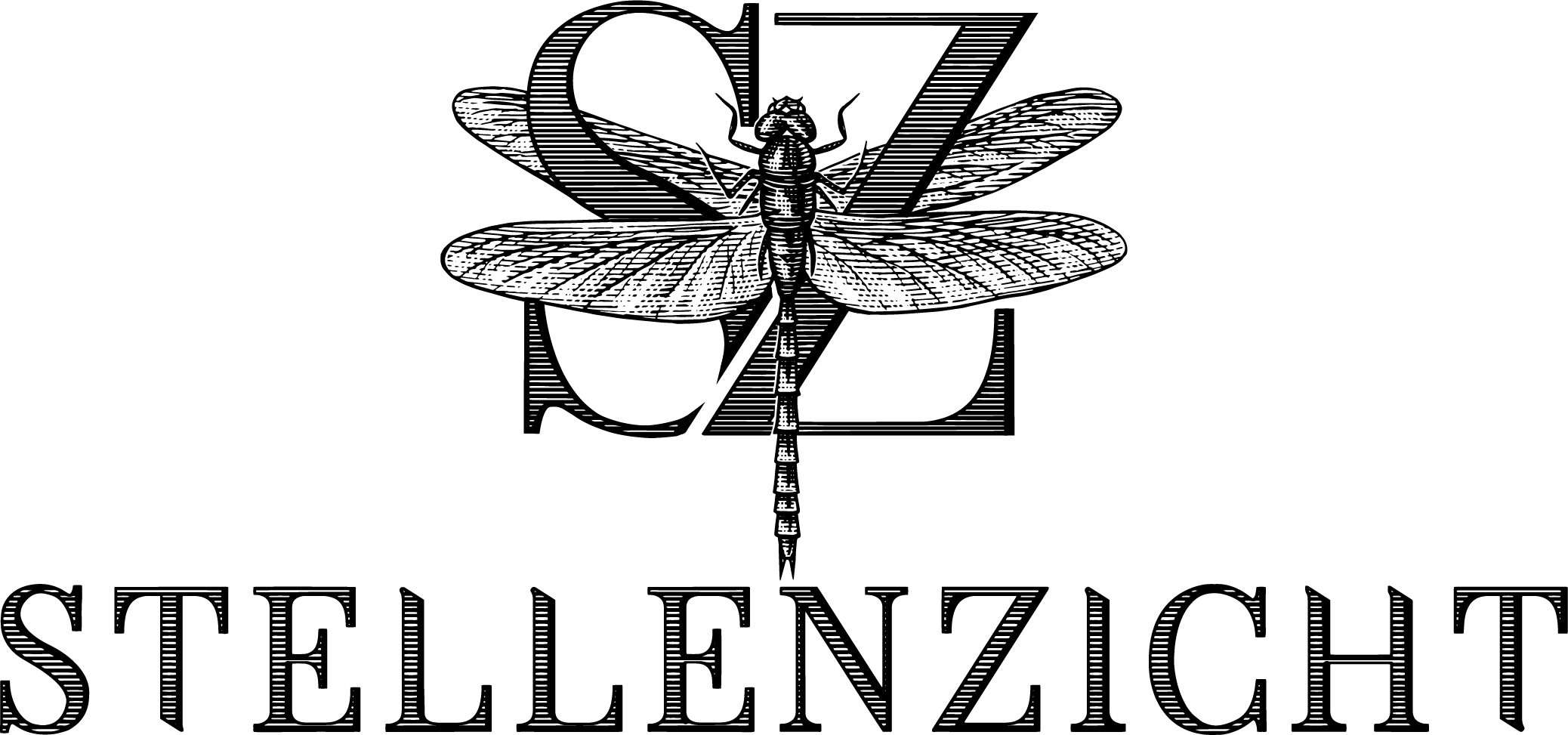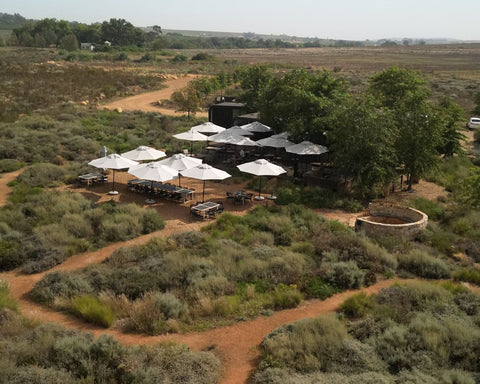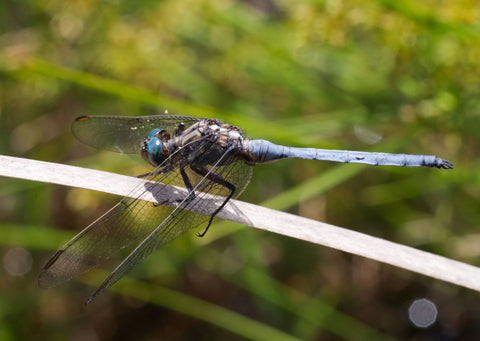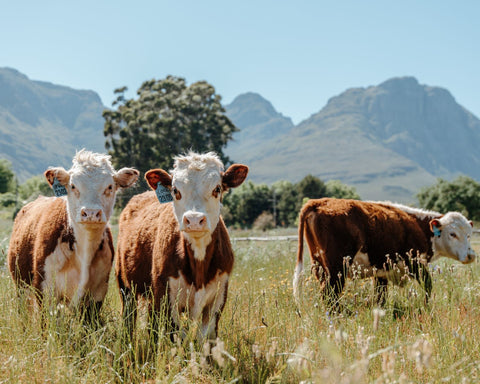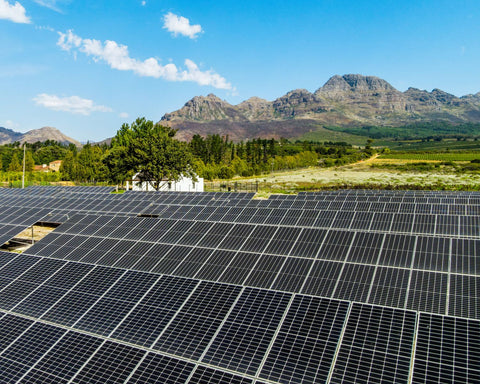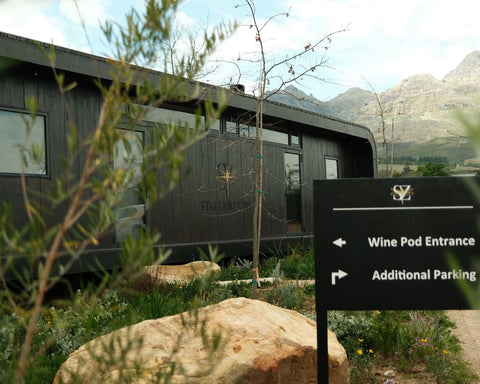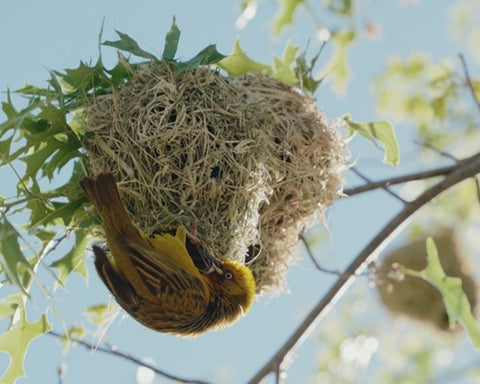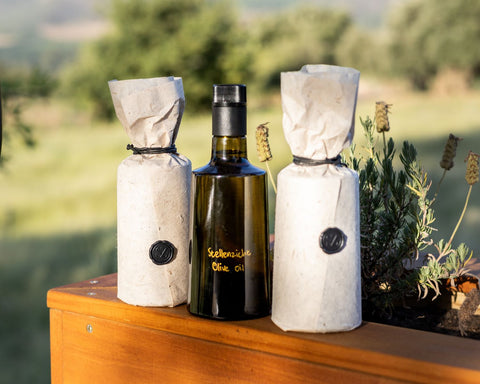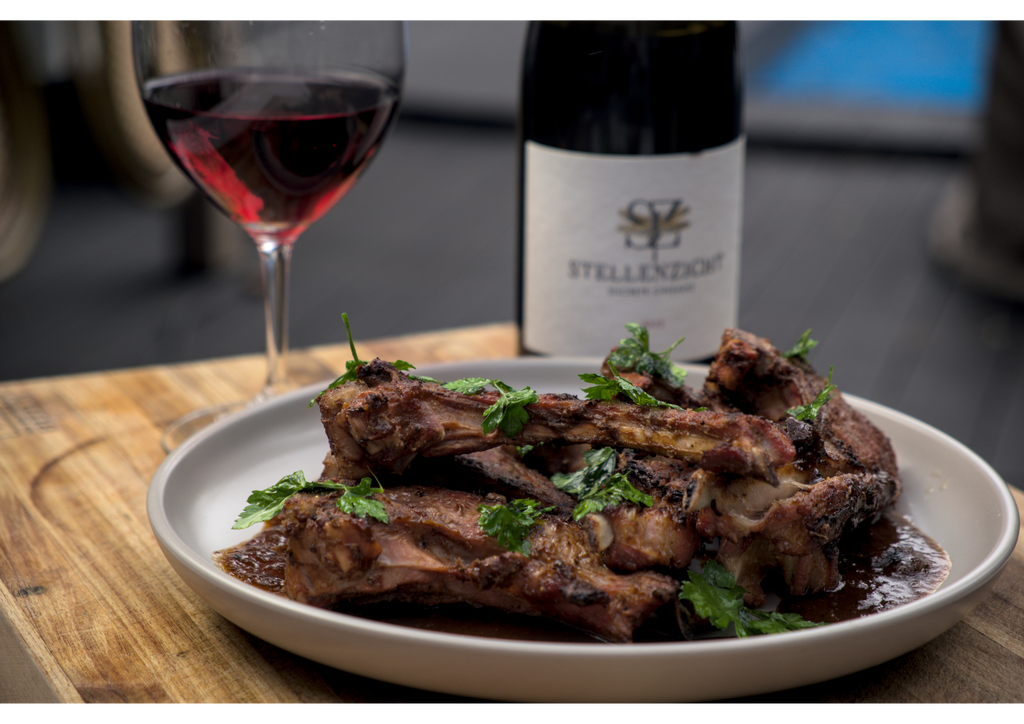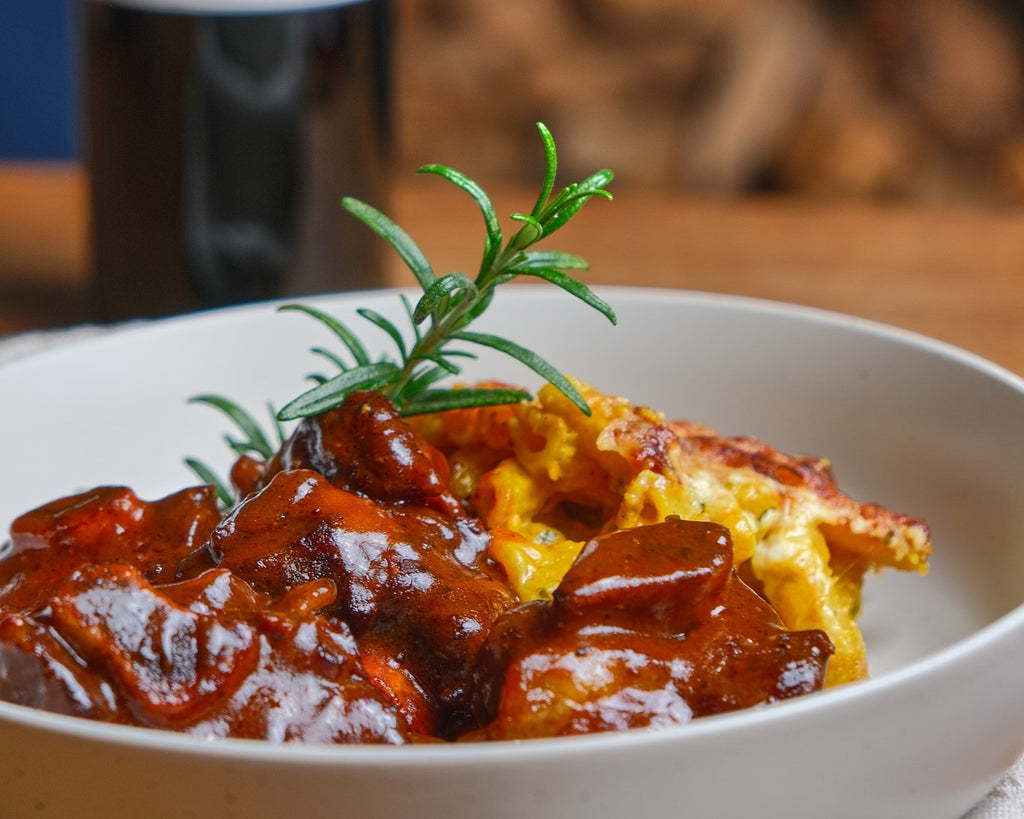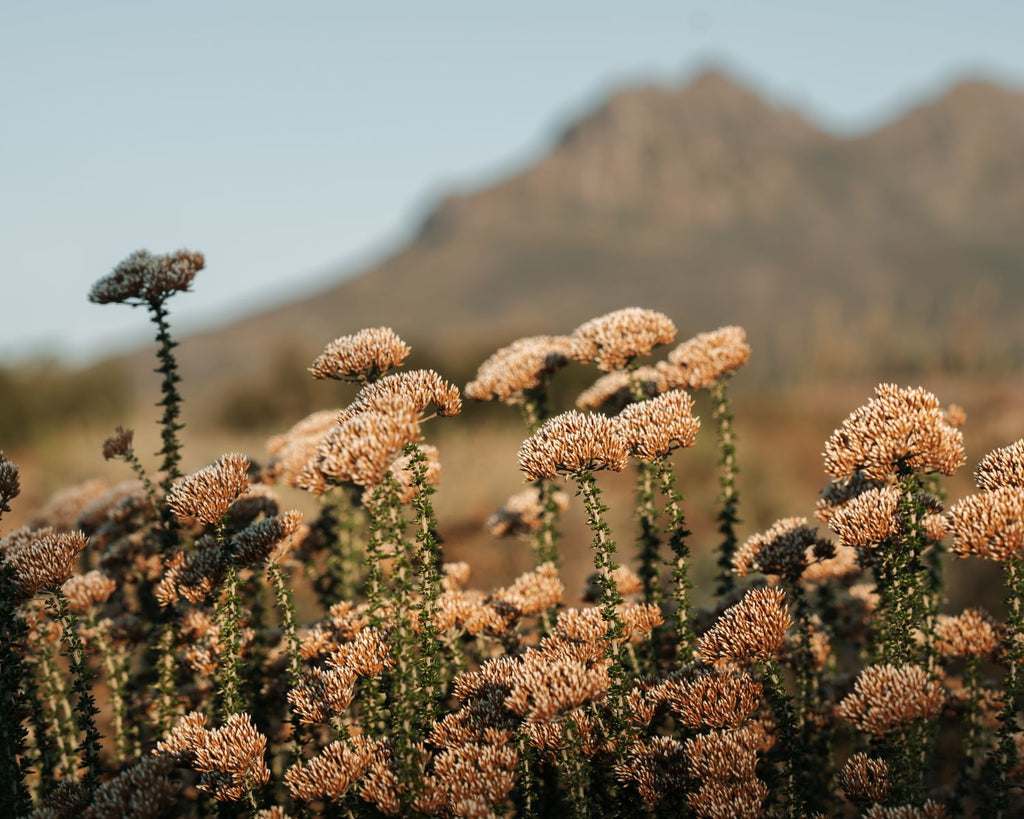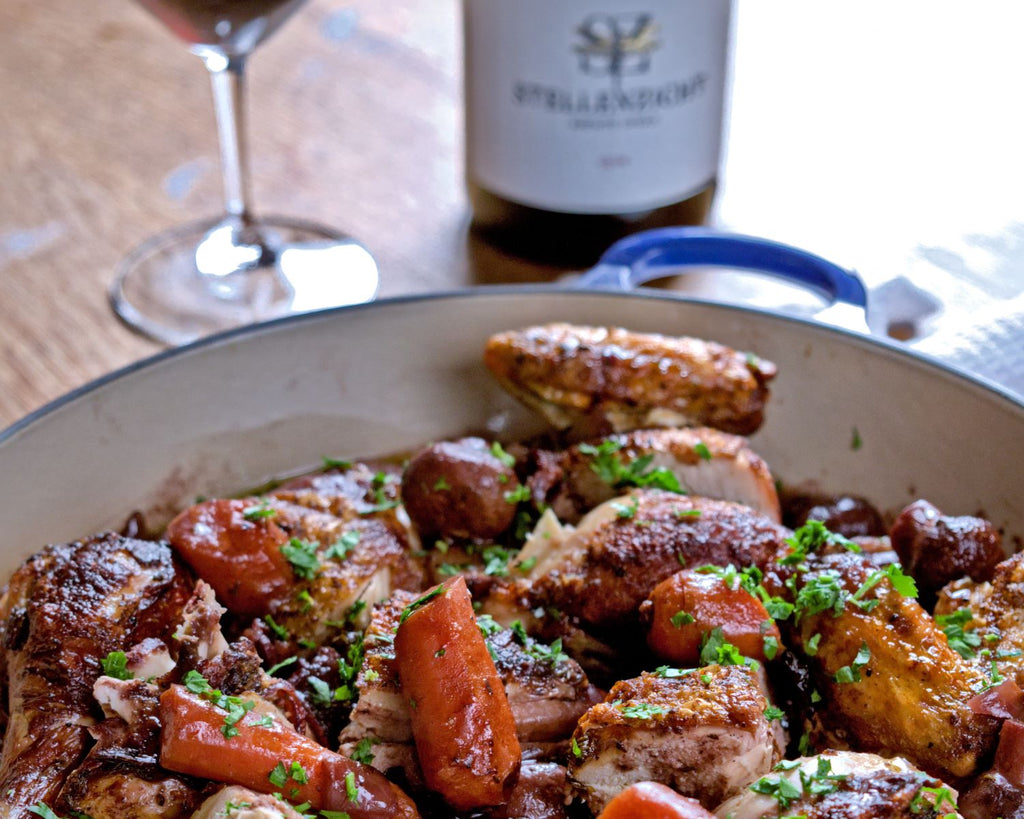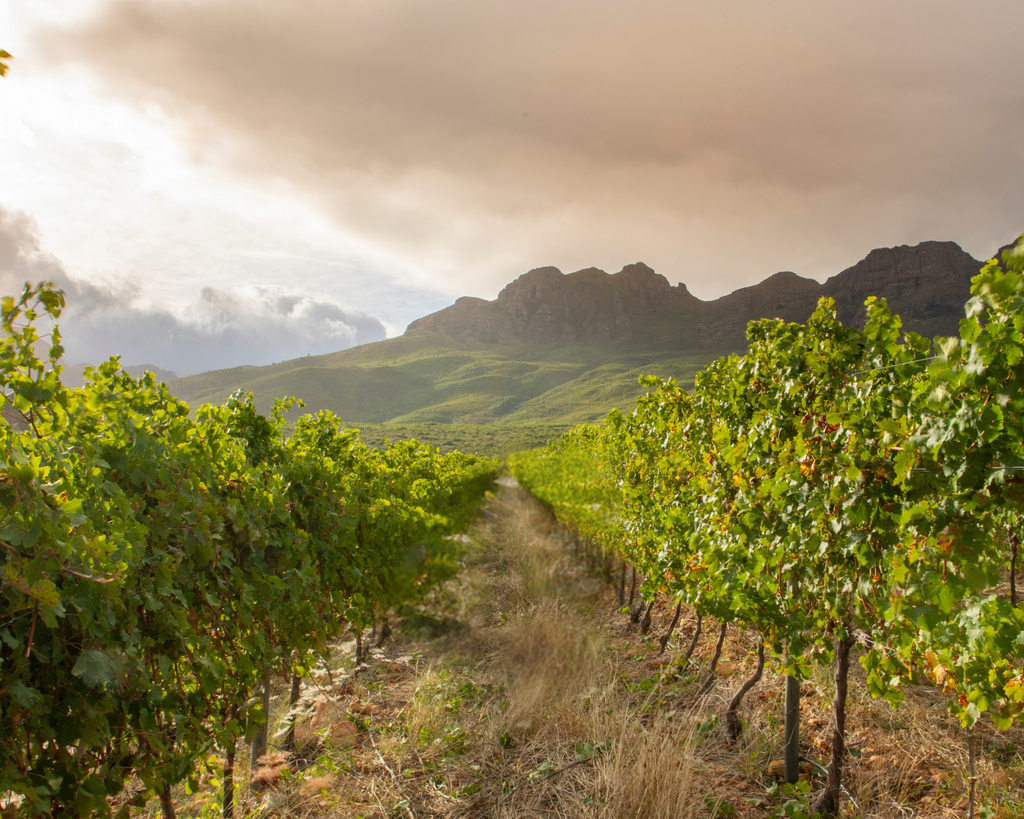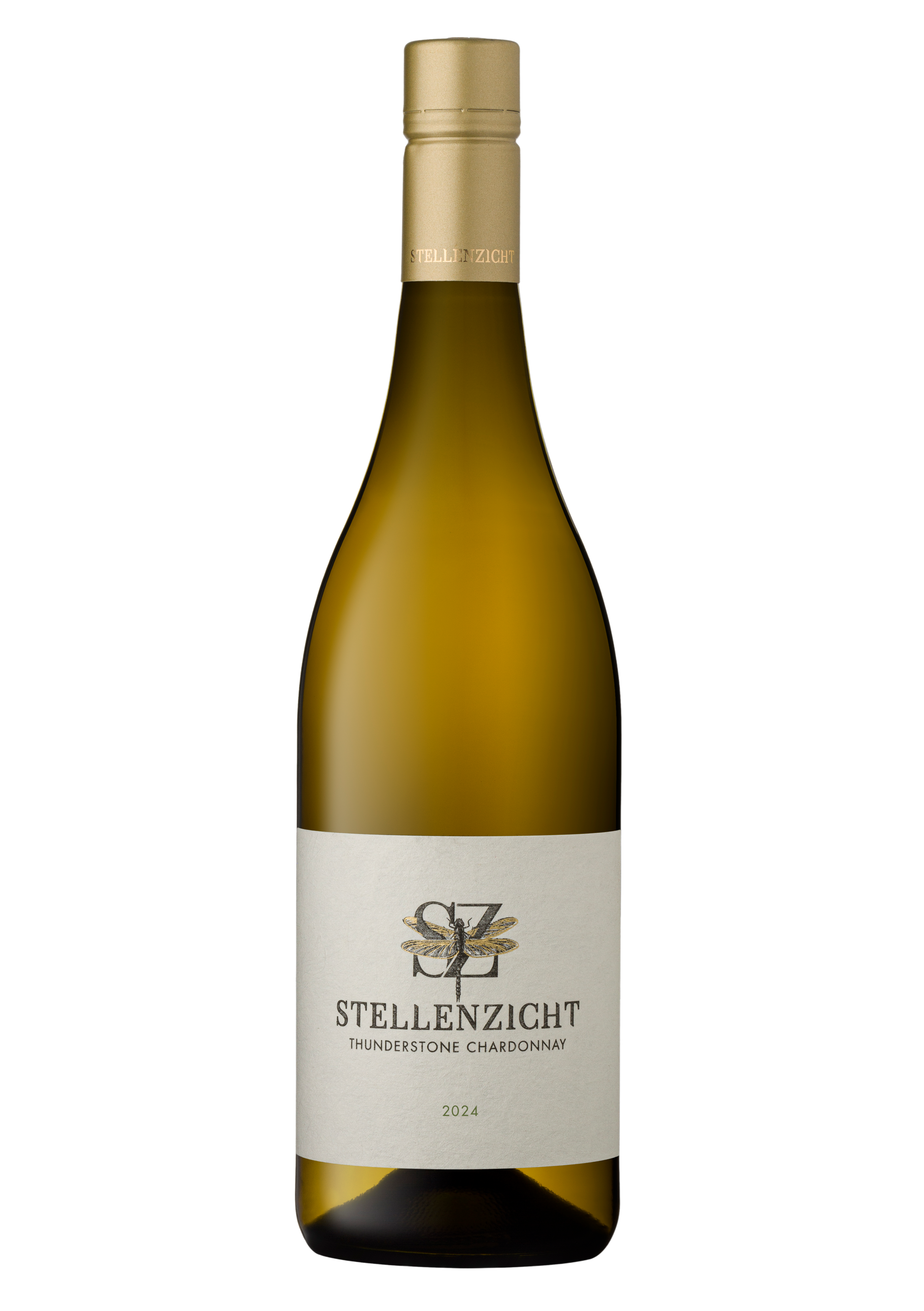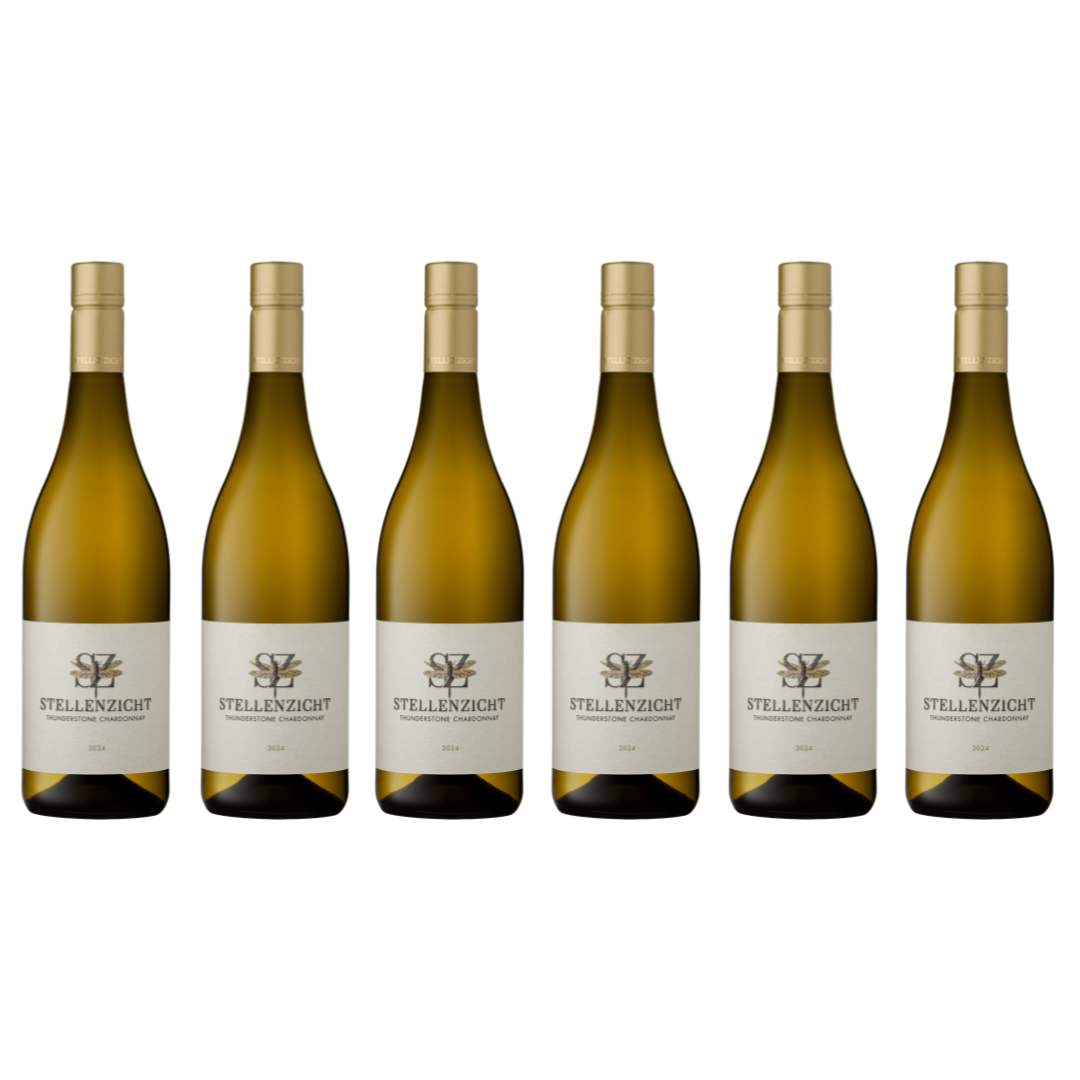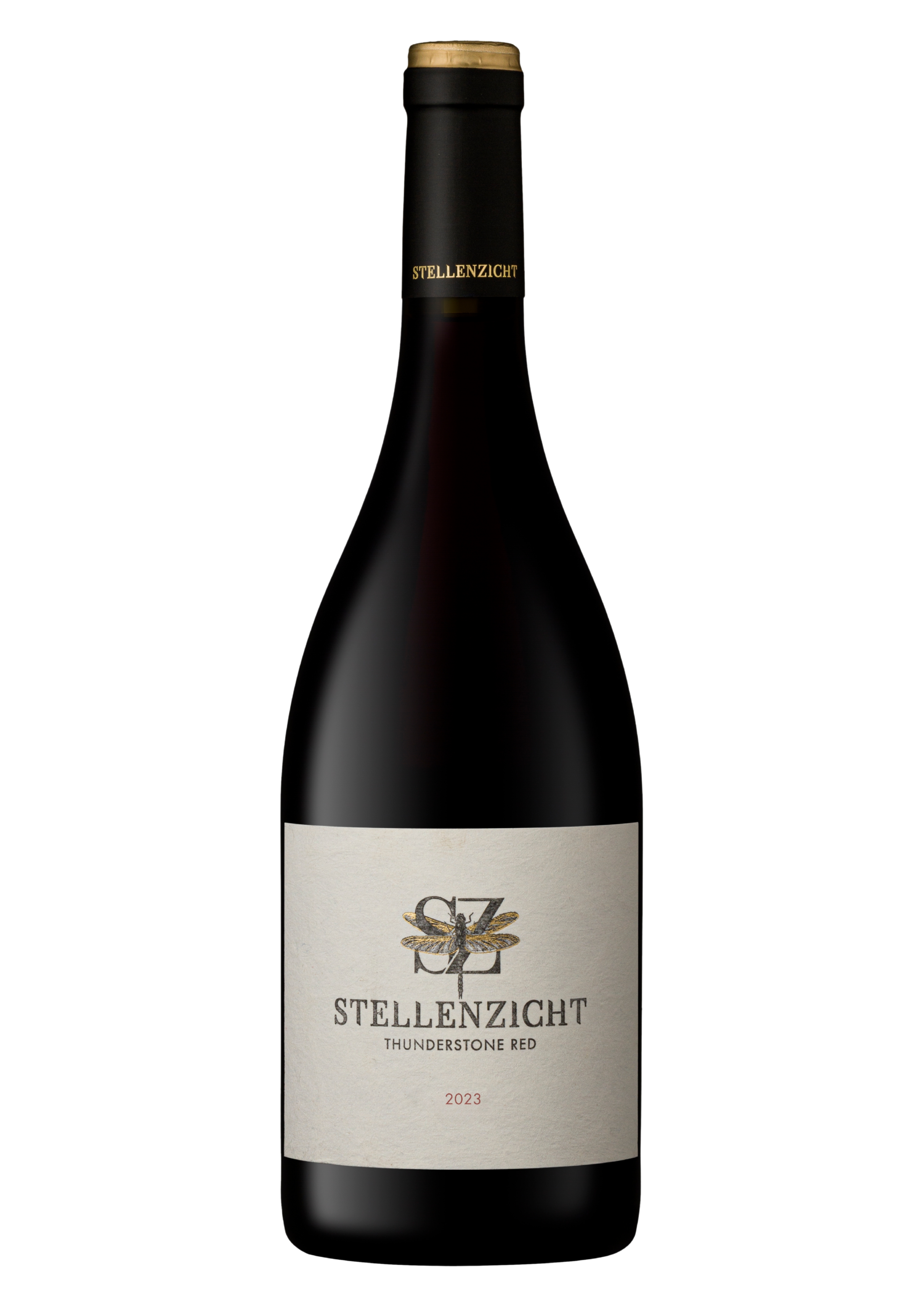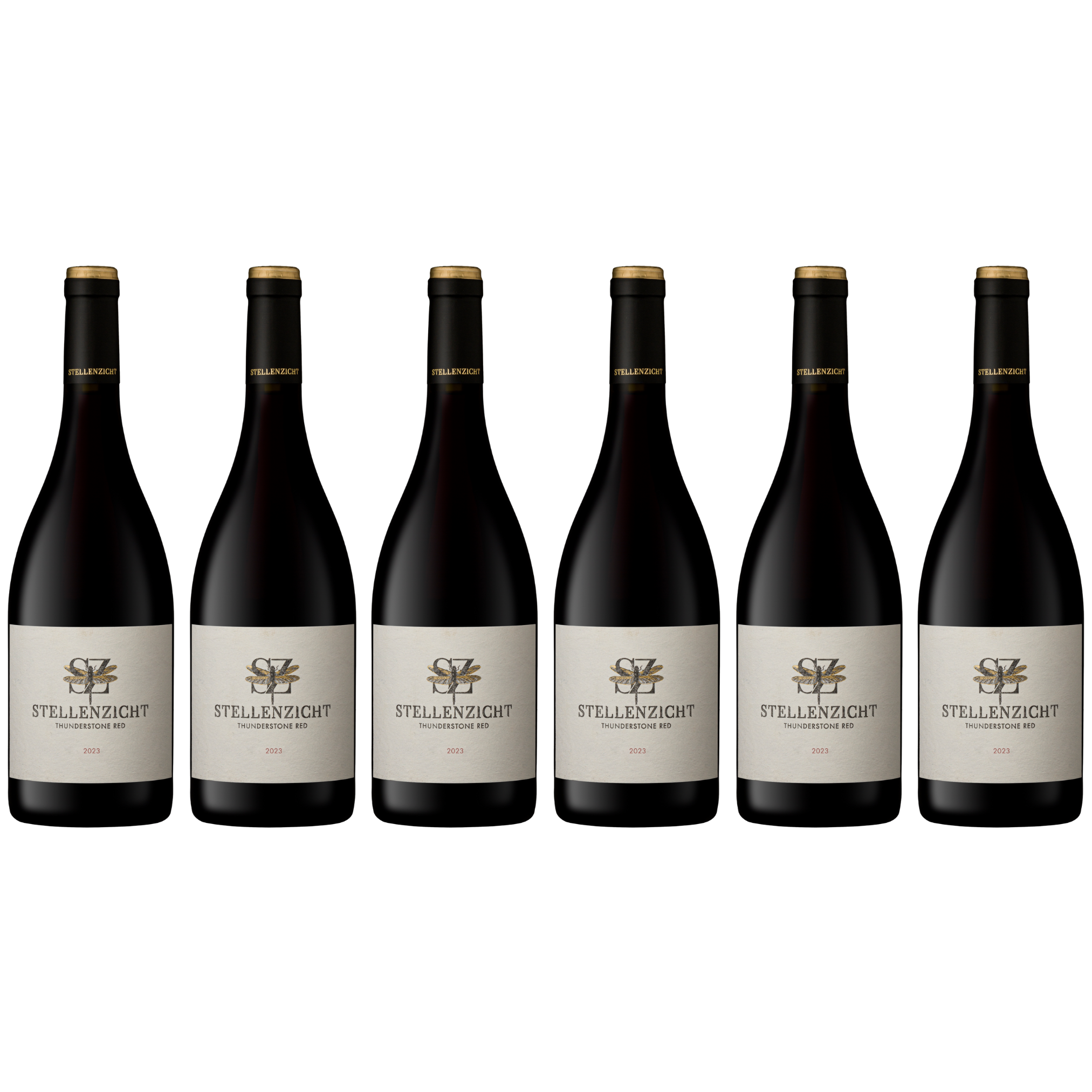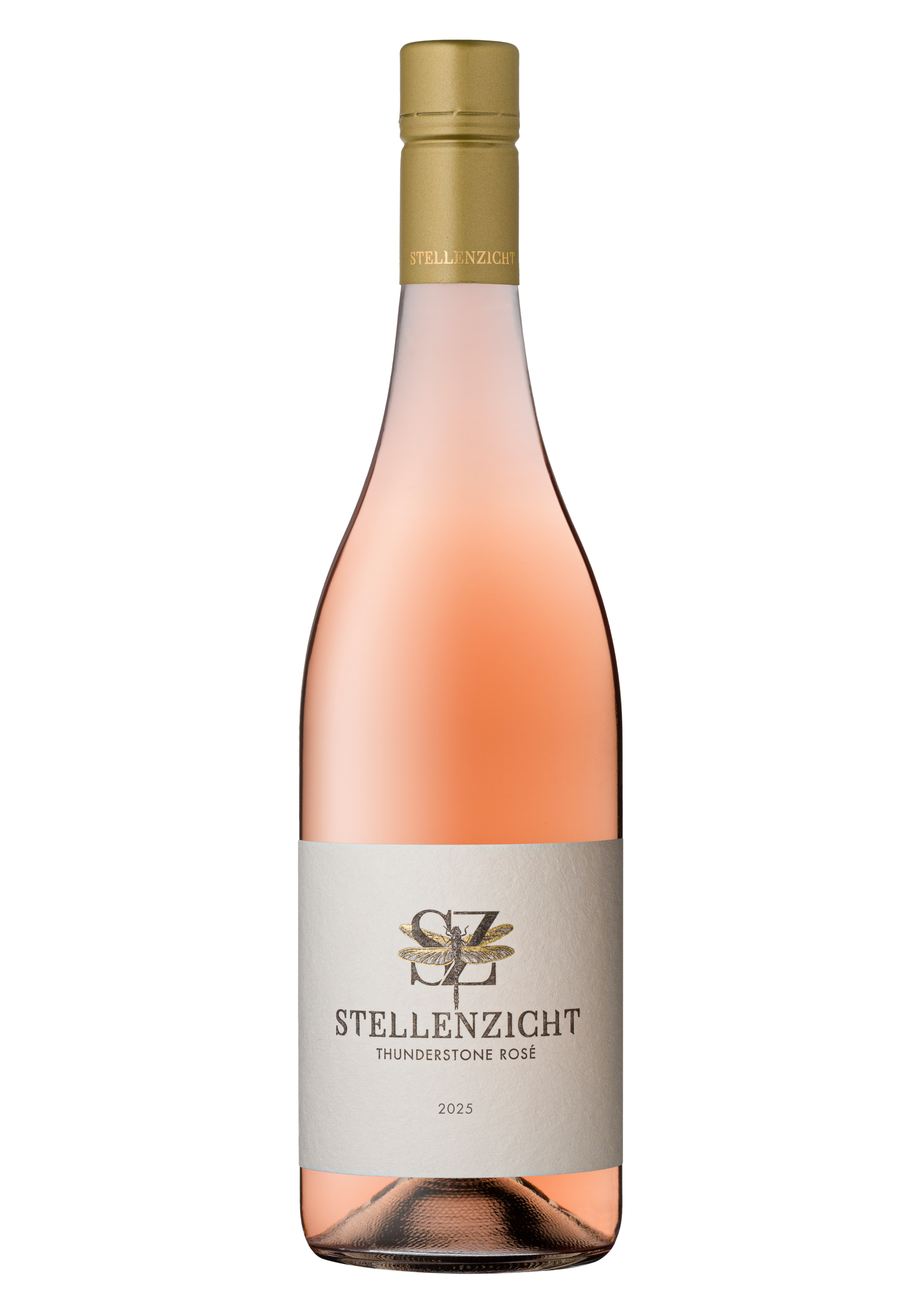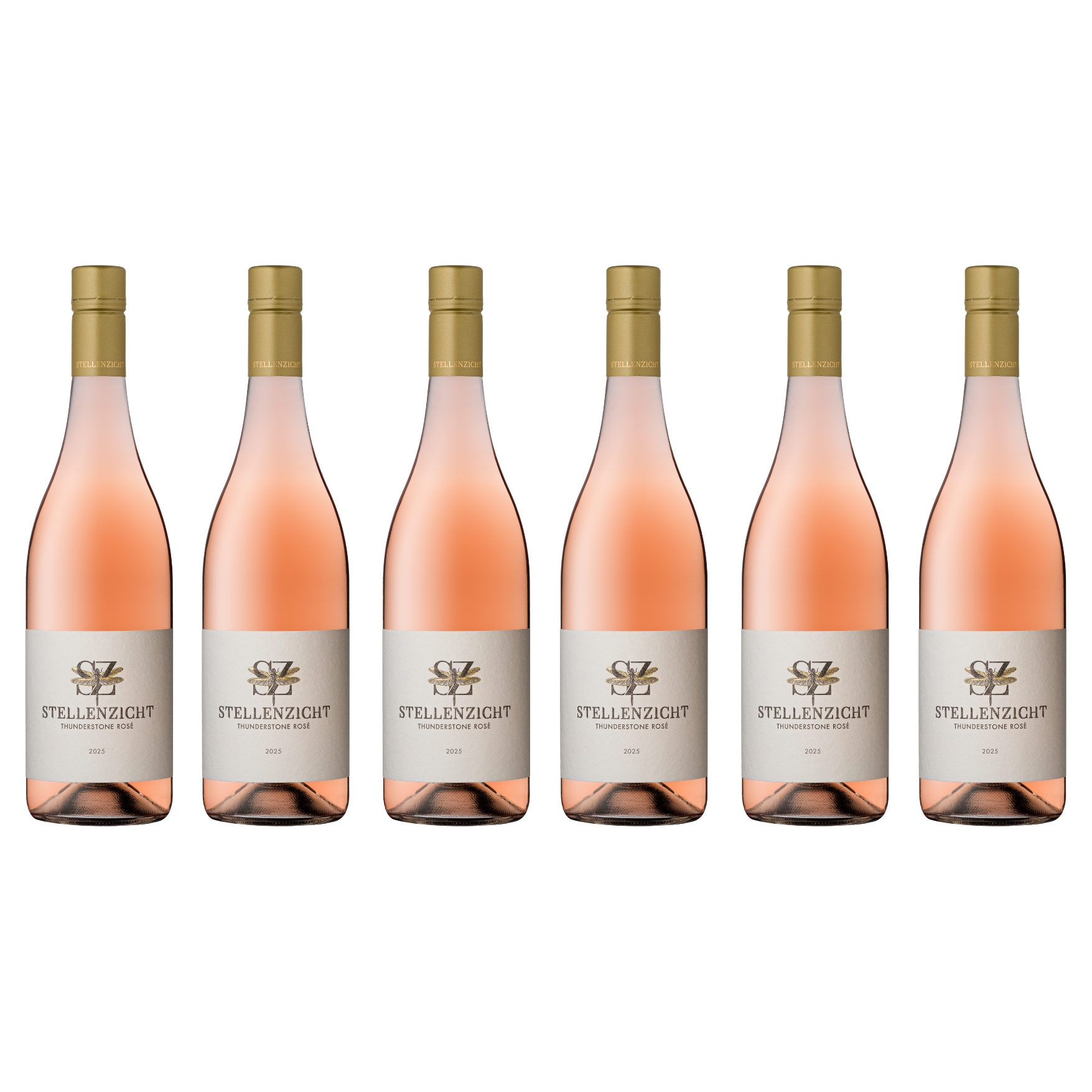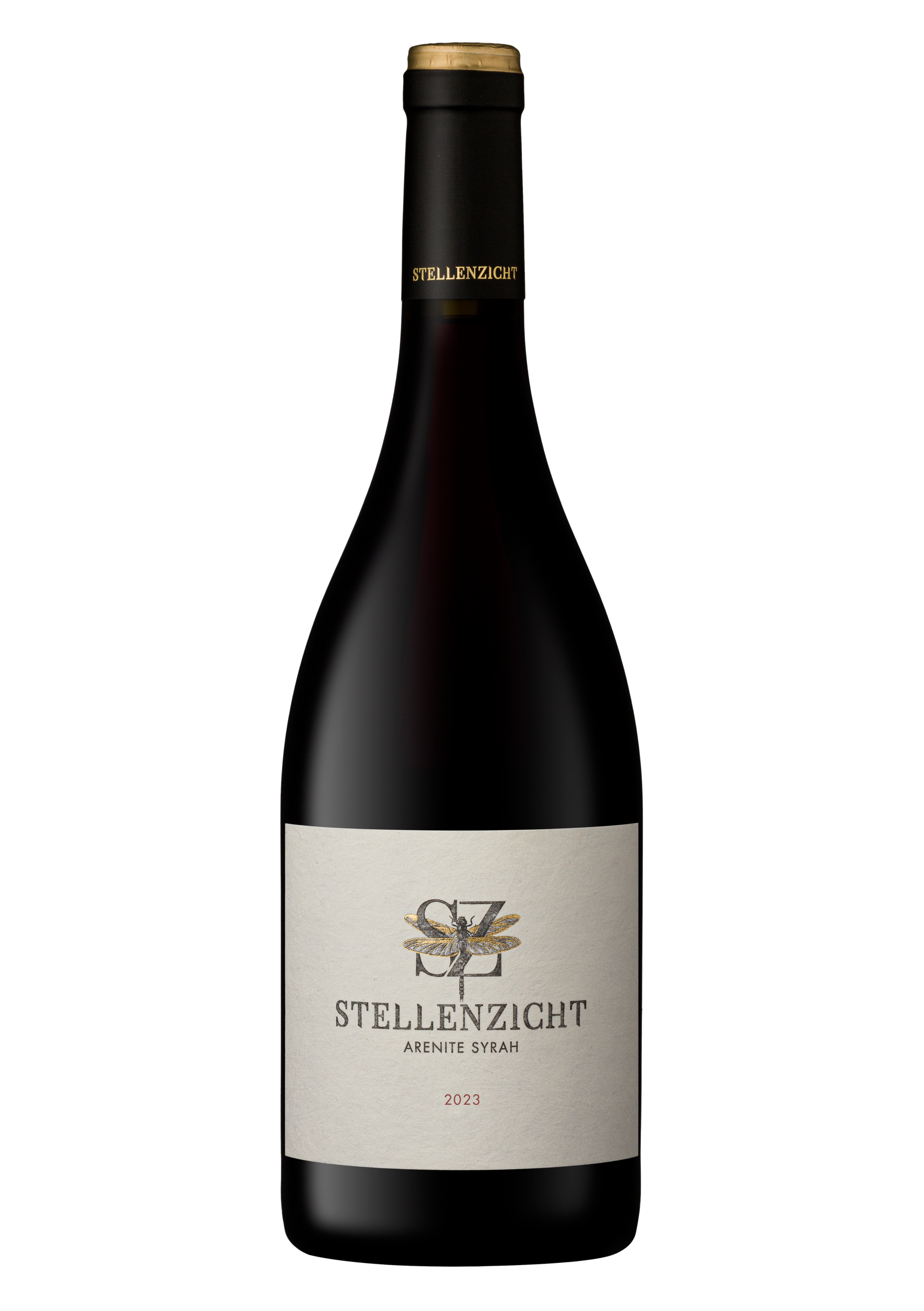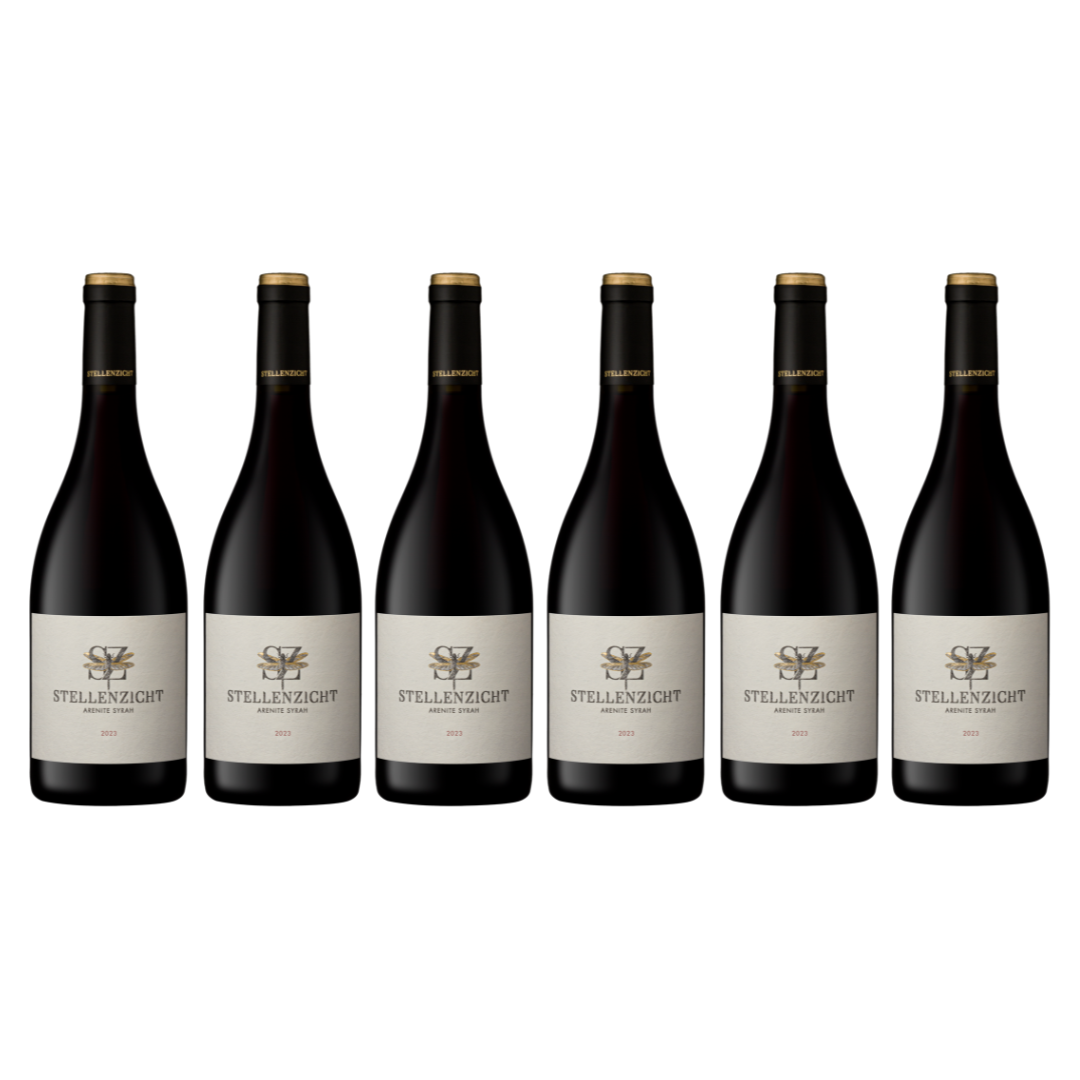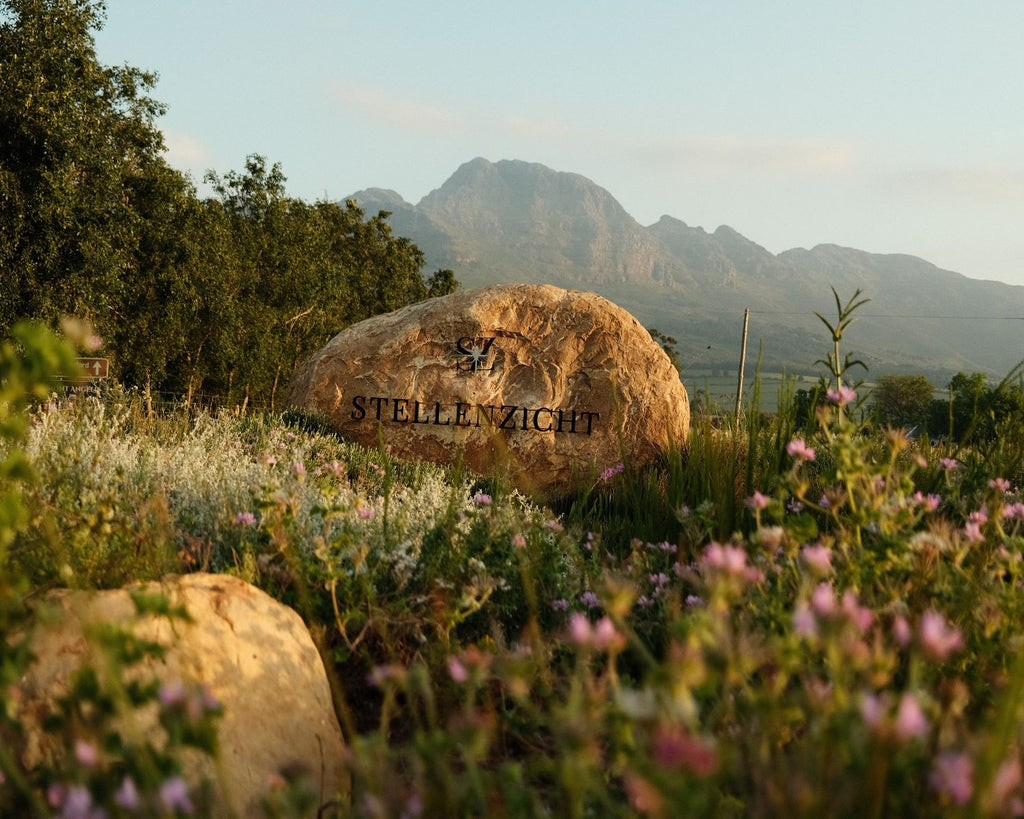
This Earth Day, We Discuss Sustainability: Small Acts That Make a Big Impact

Sustainability might sound like the latest buzzword in farming industries around the world, but when we really break it down, it's more straightforward than we think. The journey to sustainability is a constant pursuit that can always be refined and improved with time. This World Earth Day, Stellenzicht aims to make our sustainability efforts transparent without 'greenwashing'.
green·wash·ing ˈ
grēn-ˌwȯsh. -ˌwäsh
The act or practice of making a product, policy, activity, etc. appear to be more environmentally friendly or less environmentally damaging than it really is.
Words from the Winemaker: L'Ré Hughes

"For us it was a no-brainer to focus on sustainable efforts from the get-go. We had this golden opportunity from our revival in 2017 to do it right from day one. As a young production team, we are very aware of the legacy we are leaving behind, not just as a brand but as human beings. It was really important for us to see what we can give back, farming in equilibrium with mother nature and finding balance.
This word really stood out for us from the beginning: balance. It's not necessarily that there's a constant goal but that the goal posts move as you grow and improve. So as long as we have a reachable goal with sustainability, we're headed in the right direction. It's all about being humble enough to make mistakes in this endeavor and to learn from them...learning from others that have walked the path before us and seeing how we can learn from them.
Also, as farmers, there is a pride in knowing that we are creating a product of great quality and at the same time, we're giving back to the land we farm from. Thats the difference between sustainable farming and regenerative farming. Sustainability is farming in a way as not to aggravate your natural resources into dilapidation. Regenerative farming is about creating more than what you started with, making nature healthier than before.
For example, after the extreme storm that hit the Western Cape in early May 2024, me and Nico (our viticulturist) put together a plan of action where we not only replanted what was lost but planted more trees for generations after us to see and enjoy. So, it'll all about putting back and making better.
It's important for us as humans to rethink our way of farming and the ethos we instill as a brand, to find balance in everything we do, including being as authentic as possible in this endeavor.
If your heart and soul is dedicated to genuinely caring about the health and happiness of the environment around you, you're going to eventually find a winning formula as a sustainable farm. It's not about right now, it's about the generations ahead of us.
And we want to be known as the brand that stood the test of time because we adapted to a changing world."
What are the benefits of sustainable farming in a vineyard?
1. Reduced chemical use: Sustainable vineyards minimise the use of synthetic pesticides and fertilisers, which can harm the soil and surrounding wildlife.
2. Water conservation: By implementing water-efficient irrigation and wastewater systems and practices, vineyards can reduce water waste and preserve this precious resource.
3. Biodiversity promotion: Habitat enhancements support a diverse ecosystem that benefits the vines and local wildlife.
"Whatever goes upon four legs, or has wings, is a friend." - Animal Farm by George Orwell.
How do sustainable vineyards manage pests and diseases?
Sustainable vineyards utilise integrated pest management strategies to control pests and diseases in an environmentally friendly way. This approach involves monitoring pest populations, using natural predators, and implementing cultural practices to minimise the need for chemical interventions.
What role does soil health play in sustainable vineyard farming?
Soil health is a cornerstone of sustainable vineyard farming. Healthy soil supports strong root systems, improves water retention, and enhances nutrient uptake by the vines. Sustainable vineyards focus on building soil organic matter, promoting beneficial soil microbes, and reducing soil erosion to maintain a thriving ecosystem underground.
Sustainable Practices in the Stellenzicht Vineyard
- Lush fynbos gardens that promote a balanced ecosystem and allow native flora to thrive (click here to read about the variety of indigenous plants you can find at Stellenzicht).
- Intercropping. Planting rows of fynbos in between the grapevines naturally helps with many elements of growing healthy vines: moisture retention, less soil erosion, and minimising the movement of insects through the vineyard.
- Free roaming guinea fowl control vineyard pests and keep their numbers to a minimum.
- A happy herd of cattle live on the Stellenzicht farm. Cattle take part in regenerative grazing. Regenerative grazing repairs, rebuilds, revitalise and restores our ecosystems.
- Creating and managing a compost heap. Stellenzicht makes compost using wine filter wastes, together with grape and vineyard materials. Compost provides nutrients for plant growth, increases soil organic matter and mitigates soil erosion.
- Building a solar panel farm.
Here are some stats from our solar farm:
- 668 panels in use (some damaged in the storm of May 2024)
- 300kW production capacity
- Almost 100Mwh produced since October
- Over 600Mwh annual power production estimated
- Continuously planting flora native to the land so that water is managed efficiently (this includes replanting trees due to the loss of many old trees due to storm damage).
- Wastewater treatment. Reusing and recycling treated water as a secure irrigation supply lowers overall water usage, reduces environmental risks and creates more options for secure water supplies to the vineyard.
- Propagating multiple fynbos species from the Helderberg mountain back onto the Stellenzicht farm and surrounds. This reduces erosion, encourages wildlife to thrive and reestablishes a healthy eco-system.
- The Wine Pod (the Stellenzicht Tasting Center) itself is an eco-structure with 80% of its materials being recyclable and self-insulating. It is also perched on crow's feet, meaning that no foundation was built which normally displaces large amounts of wildlife and kills surrounding plant life.
- Small cats such as caracals can thrive in agricultural landscapes like the Stellenzicht farm. They can significantly aid farmers by reducing rodent populations, play a key role in maintaining ecosystem health by controlling other small mammal populations and are also potentially important indicators of ecosystem health. Conservationists believe small cat species could make ideal candidates for both conservation and restoration in the global push for the rewilding of nature.
- Ruminants like African Antelope roam freely through the farm and vineyards reducing our weed population, fertilising the vineyard which reduces the number of tractor passes and lessens soil compaction. All this translates into lower costs and reduced environmental impacts down the road.
- Buying food ingredients from local suppliers which shortens the supply chain and empowers the local community by feeding resources back into the South African economy.
Projects We're Looking Forward To
- Building beehives around the farm for a thriving bee population. Although vines are self-pollinating, research shows that the best wines are made from soils teeming with life. Bees also help with the pollination of cover crops in the vineyards.
- Creating natural birds' nests around our dams to encourage a diverse bird population on the farm (e.g. owls, blue cranes, jackal buzzards and weaver birds).
- Hydroponics. This farming method is called soilless cultivation, which means that the plants are not grown in soil. Instead, they are grown in a nutrient-rich water solution. This method has a number of advantages including efficiency from taking up less space, lower water usage and zero production of waste products, since all of the nutrients used by the plants are recycled.
- Planting and nurturing the growth of our olive groves on the Stellenzicht farm in order to produce olive oil locally. The olive trees also attract and support different insect and microbial life than grapevines.
